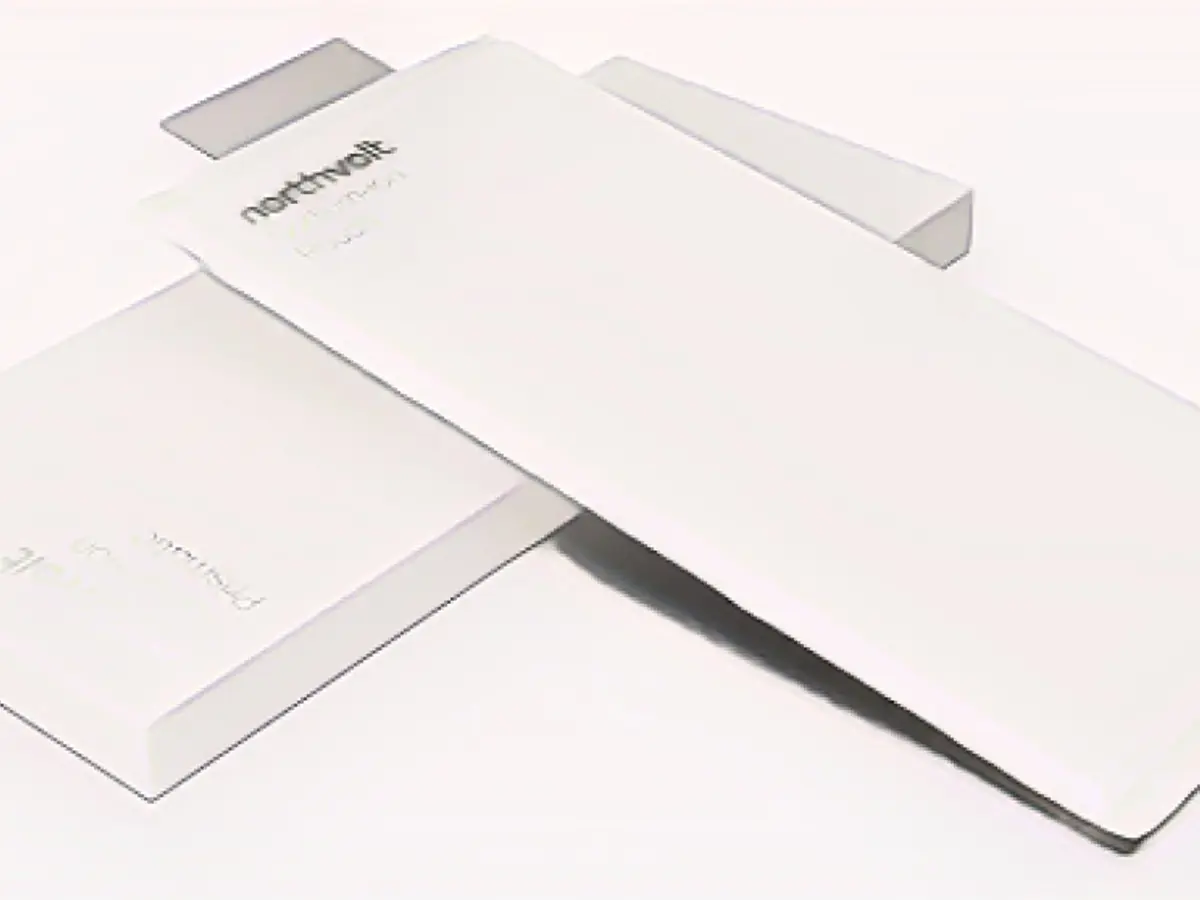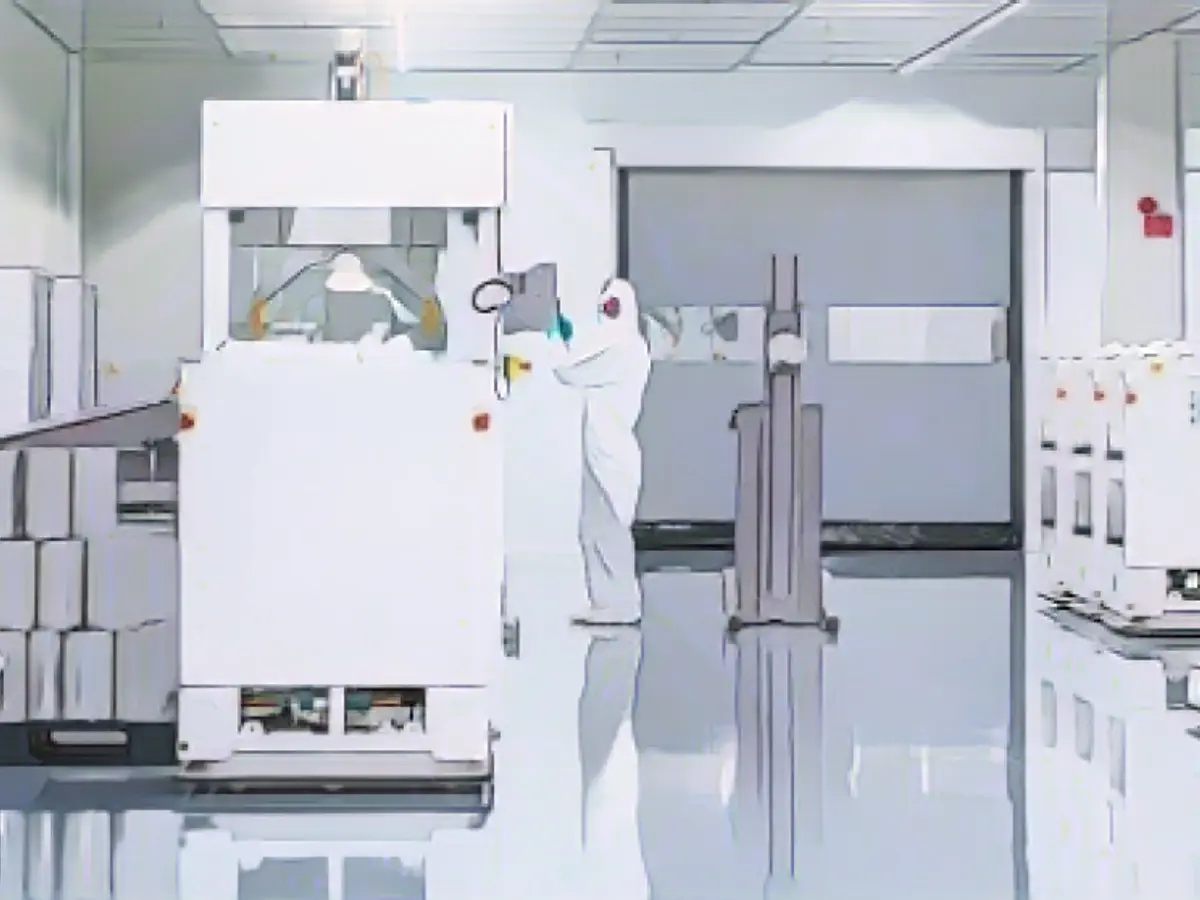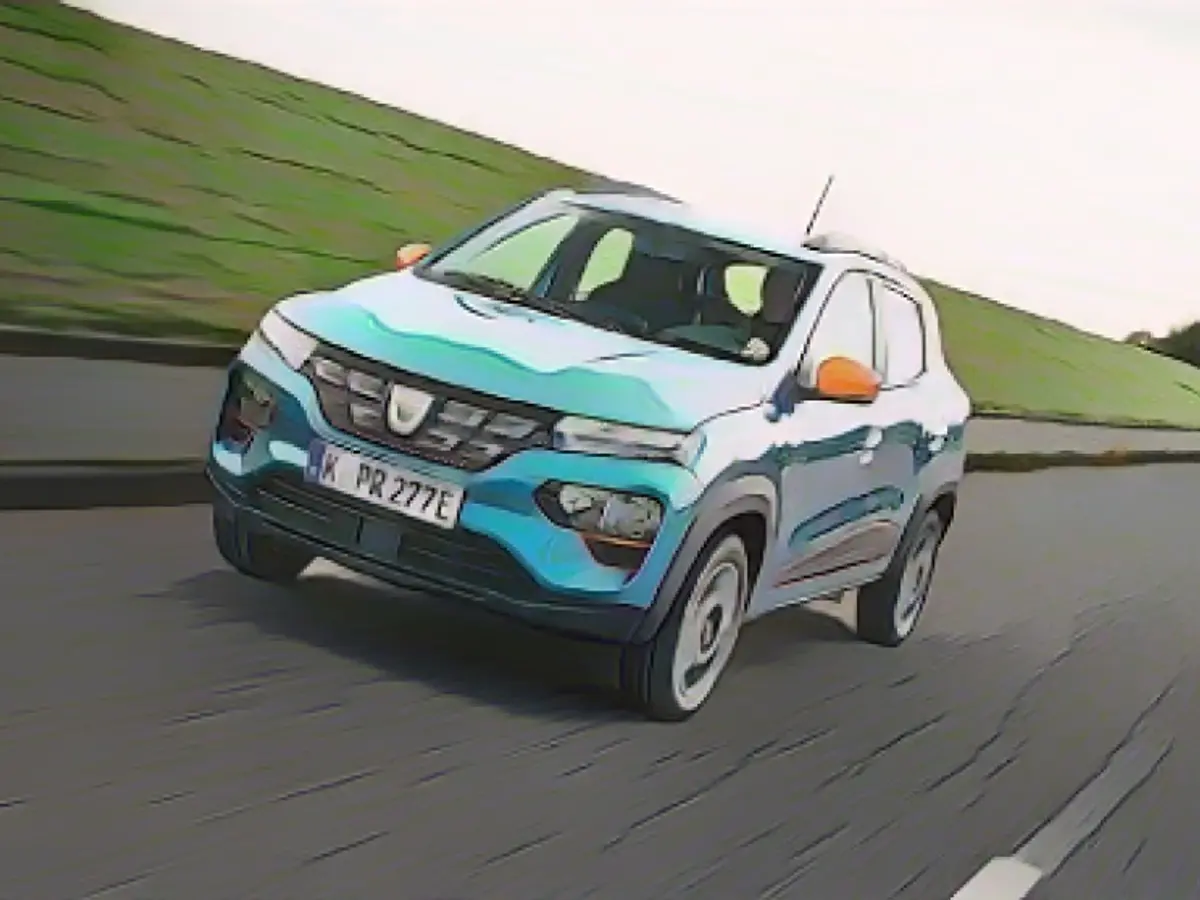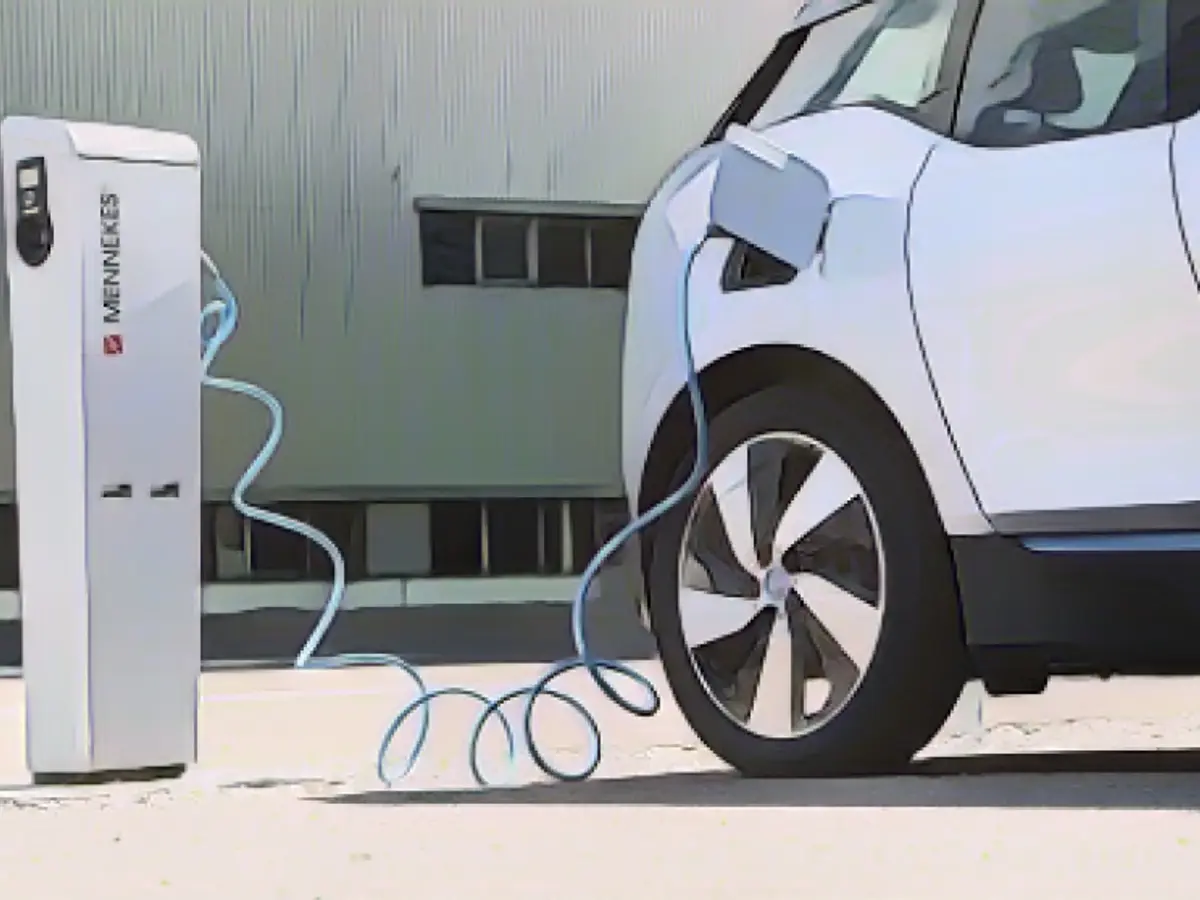Swedish Innovators Tackle Battery Woes with Eco-Power Solution
Waste materials have long been an issue in battery manufacturing, but Swedish firm Northvolt aims to change that with a groundbreaking green power storage system! Their inventions also garner support from heavyweights like Volkswagen, BMW, and Siemens.
Green Power Storage Option
The new battery solution, powered by sodium ions, promises to be eco-friendly and affordable. According to Northvolt, this innovation delivers top-notch energy density alongside unparalleled levels of sustainability at reduced costs.
In contrast to conventional lithium batteries, the negative electrode (cathode) of the new eco-battery uses "Prussian white" — a chemical easily manufactured using readily available raw materials like sodium and iron.
Northvolt also employs "hard carbon" for the positive electrode, made from bio-based materials. Since carbon is Earth's sixth most common chemical element, raw materials are abundant and cheap.
The manufacturer further guarantees robust, long-lasting battery cells and minuscule carbon footprints, significantly more sustainable than those currently found on the commercial battery market.


Environmental Issues of Existing Batteries
Conventional battery production, particularly lithium batteries, frequently causes significant environmental harm. Some raw materials are extracted under harmful conditions or via child labor, driving up extraction costs. Furthermore, many extracting nations have strongholds on these commodities, such as China.
Advantages of Northvolt's Eco-Batteries
Wasted Raw Materials Reduction
The new batteries are made using recycled raw materials, reducing both waste and extraction costs.
Abundance of Raw Materials
Pricey raw materials like lithium can be replaced with easily obtainable alternatives such as sodium and iron.
Reduced Geopolitical Constraints
Dependence on rare raw materials linked to a limited number of countries, often resulting in geopolitical challenges, is minimized with eco-batteries.
Improved Recycling and Scalability
The recyclability of sodium-ion batteries specifically is heightened, minimizing waste and making it more affordable to recycle electric vehicles' batteries. These batteries are also scalable for broad exploitation in electric vehicles and grid storage systems.
Enhanced Performance and Safety
Adept use of materials like advanced carbon anodes and layered oxide cathodes has improved both energy density and overall performance in sodium-ion batteries.
[2] (enrichment data, source: )







